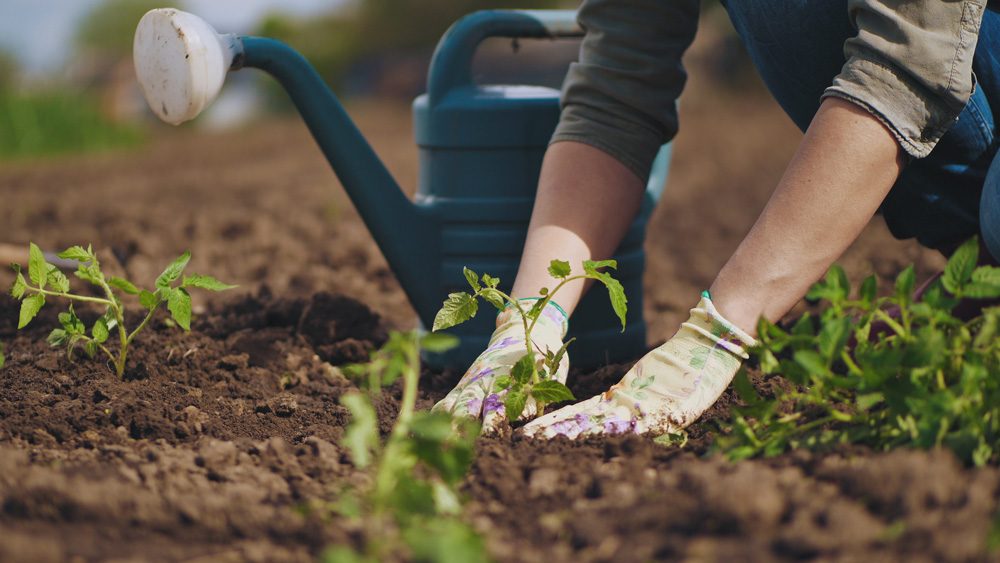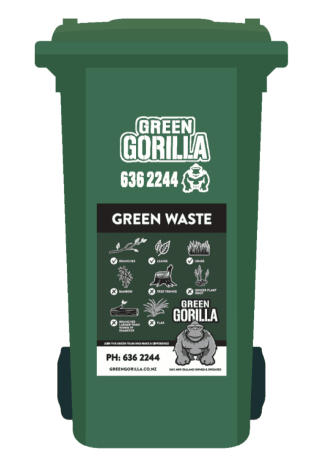If you’re in business, it’s our job to help you get rid of your waste easily, cost-effectively and sustainably. It’s what the Gorilla calls a win-win.
If you’re in business, it’s our job to help you get rid of your waste easily, cost-effectively and sustainably. It’s what the Gorilla calls a win-win.
Whether you’re building it up or tearing it down, the Gorilla loves recycling your waste. From ginormous open top skip bins to Gorilla Bags, we can handle it all – diverting more of your construction and demolition waste from landfill. That’s huge. And means a cost-effective, sustainable waste solution that’s great for your business, city, and country.
At Green Gorilla we believe landfill should be the last resort, not the first port of call. Our state-of-the-art C&D Waste Processing Facility is the largest in New Zealand.
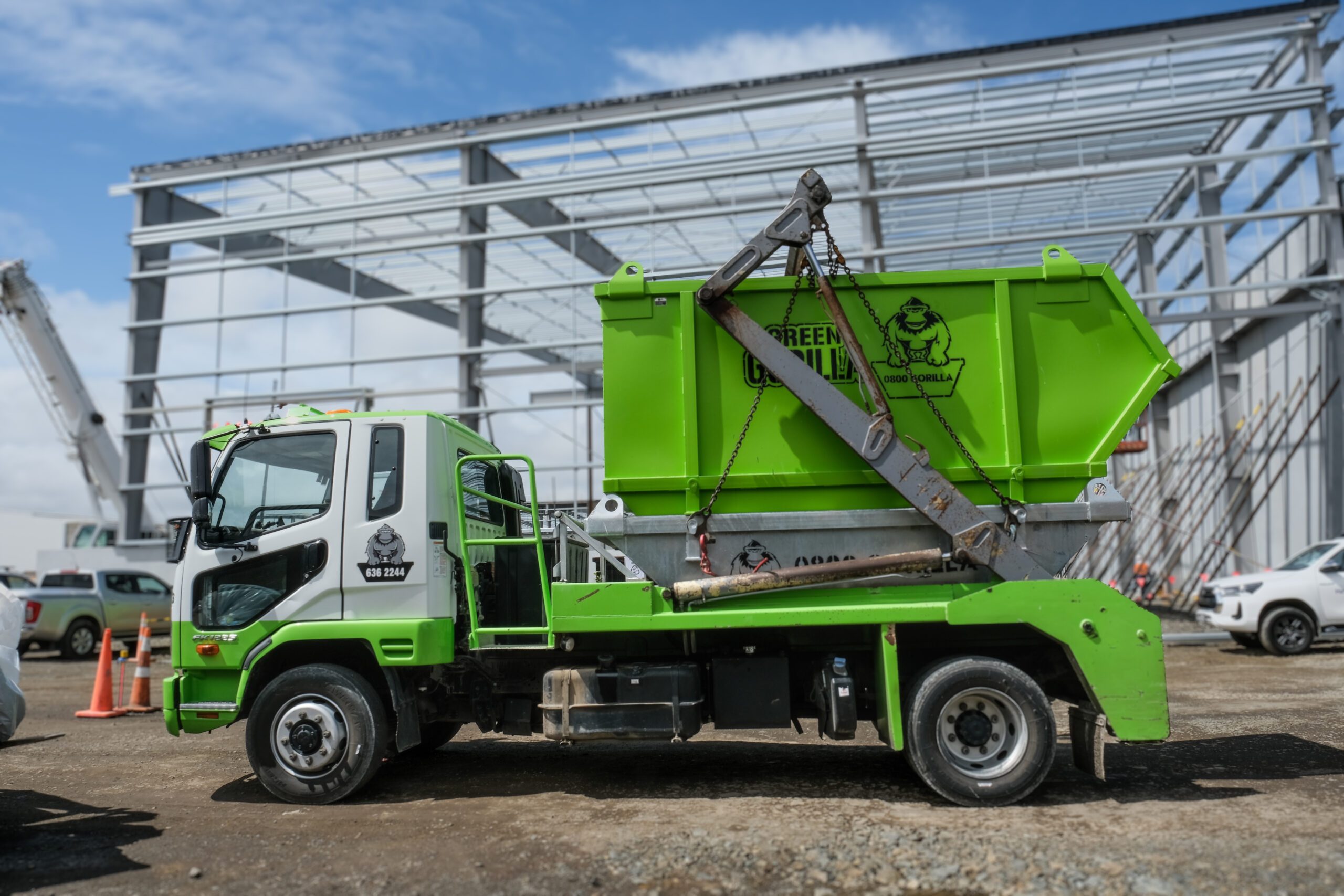
Not sure what you need on site? Our experts can assist you in finding the right solution and right size for your next job. Get in touch before you next construction or demolition project starts for an assessment and waste minimisation & diversion plan.
The Gorilla can also keep it flexible. Literally. Our Gorilla Bags are a great alternative to skips and perfect for a one-off, casual hire. They are fantastic in the areas where the space is tight, and hard to access by a standard truck. Fill your bag and that’s it. No need to separate your waste. We will collect, sort it out & recycle. For your convenience, the price includes delivery and pickup.
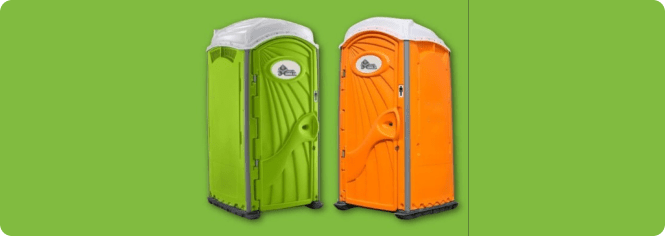
We understand that a clean and fresh portable toilet on an Auckland building site is what every builder wants.
We can help by providing a hassle-free portable toilet rental that can also be conveniently added to your Auckland skip bin hire. That means your company has only one account for your toilet hire and Gorilla Bin Hire, which means less time on paperwork and more time on site.

Want to manage your commercial waste in a more responsible way? Sustainability is big business in New Zealand, and we can help you meet your targets and goals by taking your waste to a better place.
Green Gorilla operates Auckland’s only commercial and industrial waste processing facility so when you can’t do the recycling, we can do it for you.
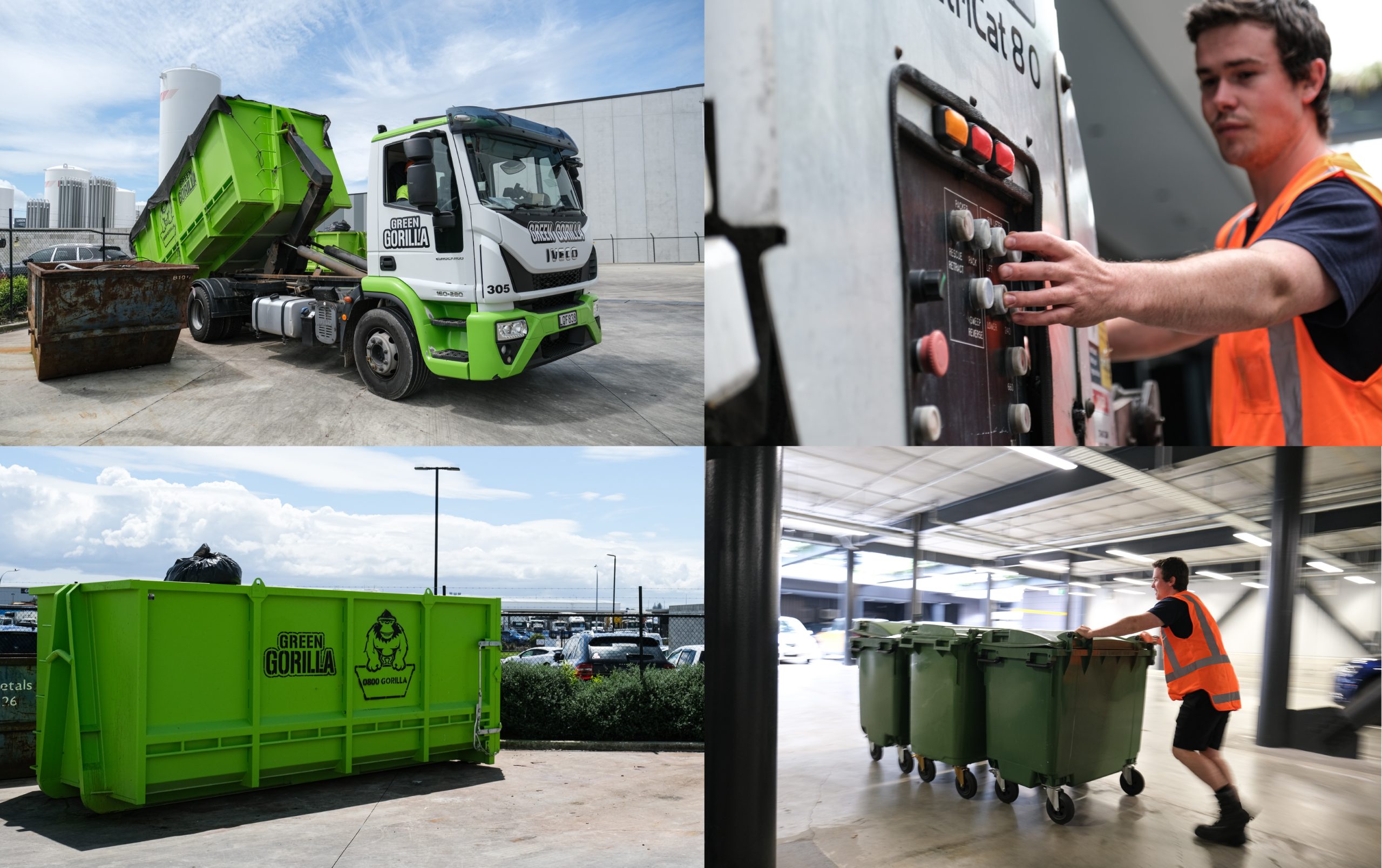
And despite what you have heard, doing good for the planet can also be good for your bottom line. Our ‘One Bin For All Your Waste’ collection service means all your dry general waste goes into one bin which we collect, separate the waste by types and recycle accordingly.
Fewer bins on your premises means less bin rental and collection charges. Less traffic and emissions around your offices and lower operating costs for you. And who doesn’t love saving money whilst doing good?
Multi-unit dwelling developments are on the rise across Aotearoa, literally. The explosion in new developments, especially in Auckland, means lots of residents are producing lots of waste. Bring in the Gorilla! Our specialist service gives building and facility managers an efficient, reliable and environmentally responsible recycling solution.
Apartments come in all shapes and sizes and so do our solutions. We’re the experts in recycling and waste removal when it comes to apartments – whether that’s a high-rise urban complex or a garden style retirement village. We know that residents want an efficient, hassle-free service with clear bin signage and minimal noise from collection vehicles. We know that building managers want a responsive, flexible and experienced contractor. And we know that everyone wants to keep costs down!
Even before plans are drawn, our team can advise and assist you with sustainability objectives including landfill diversion plans, waste enclosure capacity, size and access requirements for each individual project.
Partnerships with Green Gorilla are based on finding the most environmentally-friendly and efficient way to manage and process waste. We are happy to meet your ongoing waste requirements, review & increase or decrease number of services. Being flexible with methodology and equipment, we tailor our solutions for better operational and H & S outcomes.
Nothing beats education! To acknowledge community diversity, Green Gorilla provides signage in multiple languages – Te Reo, Samoan, Tongan, Hindi, Korean, Chinese or any other language required.


